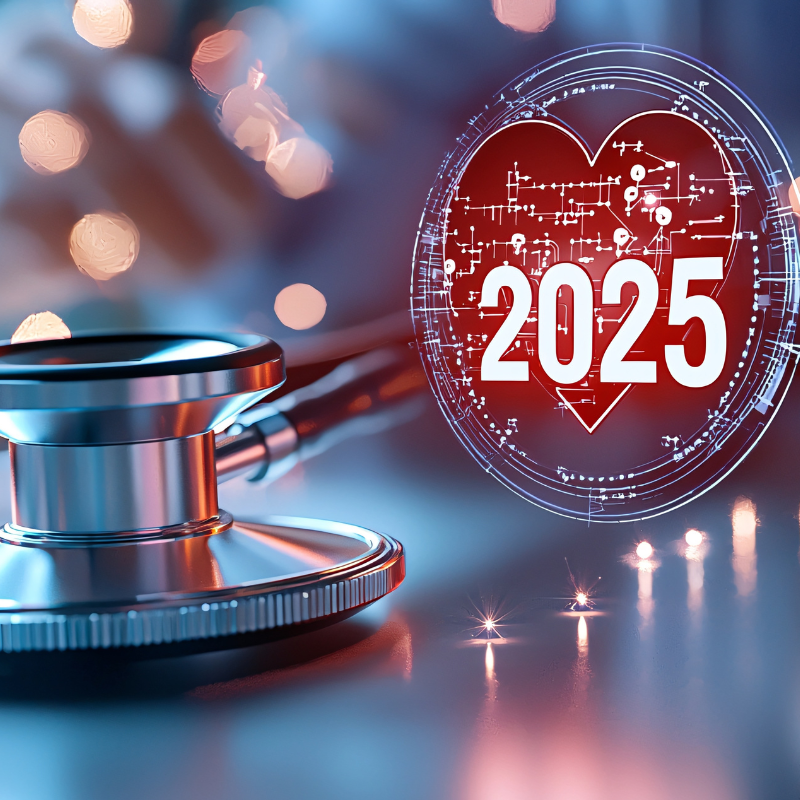The seventh article of the FQHC requirements series addresses Coverage for Medical Emergencies During and After Hours. A health center must assure continuity of required primary health services by including provisions for promptly responding to patient medical emergencies during regularly scheduled hours and clearly defining arrangements for promptly responding to patient medical emergencies after the health center’s regularly scheduled hours.
Key functions and compliance procedures might look like the following:
- Having a medical or non-medical staff person on site capable of providing basic life support services during emergencies
- Develop protocols for emergencies occurring during and after the health center’s regularly scheduled hours
- These protocols could include telehealth services, which may be a licensed employee of the health center or a qualified subcontractor, referrals to other licensed practitioners
- All services should be offered with consideration of the patients’ language proficiencies
The health center should also track calls that come in after hours using a method that seamlessly integrates with the centers’ current technology and scheduling/referral system.
It is a good practice for the health center to provide adequate communication of these after-hours services. Common practices involve utilization of automated telephone system, postings and brochures conveniently located around the center, and/or information available on the website. Some centers even include this communication to their valued patients during the registration process.
To prepare for a site visit and compliance review, the health center should take a look at the questions contained in the health center site visit guide. Questions include – Does the health center have an operating procedure for addressing medical emergencies during and after the health center’s hours of operations? Are there on call schedules and answering service contracts where the health center decides to provide after-hours call coverage through its own service providers? Are there written arrangements with non-health center providers, nurse call lines for after-hours coverage where non-health center providers are used? Is there a current certification for at least one staff member who is trained and certified in basic life support in each HRSA-approved service site? Are there instructions or information provided to patients for accessing after-hours coverage? Is there a log of patient calls to track after-hours coverage interactions and follow up?
Besides reviewing documentation, the site visit team will also interview health center clinical leadership. Through proper training of Health Center Staff and its board of directors, the health center can ensure that compliance requirements with respect to coverage for medical emergencies during and after-hours are met.
Author:Asha Ganesh, CPA, CFE | [email protected]
How Can We Help?


